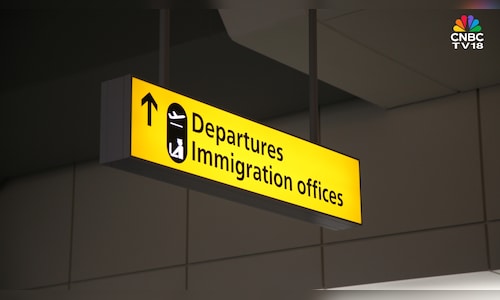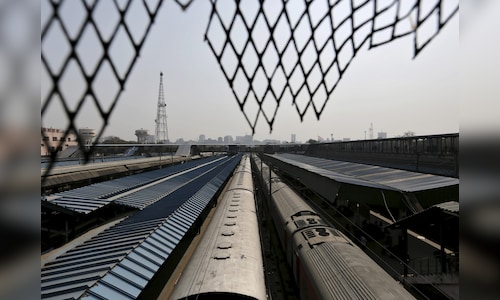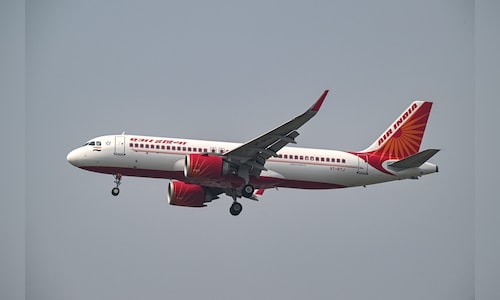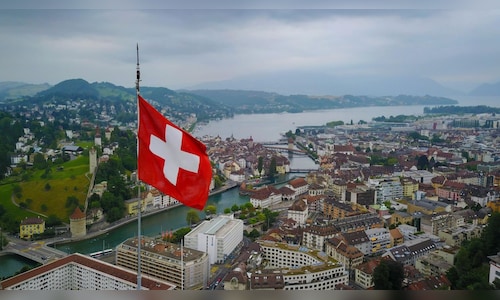The programme was then rolled out in Chennai, Kolkata, Bengaluru, Hyderabad, Cochin and Ahmedabad. On September 11, it was launched at Lucknow, Thiruvananthapuram, Tiruchirappalli, Kozhikode and Amritsar international airports.
“Fast Track Immigration: Trusted Traveller Programme makes immigration simpler, faster and hassle-free,” Shah said at a virtual launch event, according to PTI. He reiterated that Indian citizens and Overseas Citizens of India (OCI) card holders would be the main beneficiaries of the scheme.
Fast Track Immigration: Trusted Traveller Program makes immigration simpler, faster and hassle-free. Speaking at the inauguration of this service at Lucknow, Thiruvananthapuram, Trichy, Calicut, and Amritsar airports via video conferencing. https://t.co/bn8CsD7OV0
— Amit Shah (@AmitShah) September 11, 2025
According to officials, nearly three lakh people have already registered for the programme, with 2.65 lakh availing the facility. Thousands of passengers have so far used e-gates for faster clearance.
The FTI-TTP is being introduced free of cost in its initial phase. It allows eligible travellers to bypass regular immigration queues by using e-gates, where their identity is verified through biometric authentication. The registration will remain valid for up to five years or until the expiry of the applicant’s passport, whichever comes first.
Also read | MHA names designated immigration posts at airports, seaports, railports
To register for the programme, applicants need to submit an online form at www.ftittp.mha.gov.in Once approved, travellers will be asked to schedule an appointment to record their biometrics at designated international airports or at the nearest Foreigners Regional Registration Office (FRRO). A passport with at least six months’ validity is mandatory to complete the process.
According to officials, the scheme is modelled on the US’ Global Entry Program, which offers pre-approved, low-risk travellers expedited entry through selected airports. The programme is being implemented in two stages, beginning with Indian citizens and OCI card holders, before being extended to foreign nationals at a later stage.
(Edited by : Jerome Anthony)






